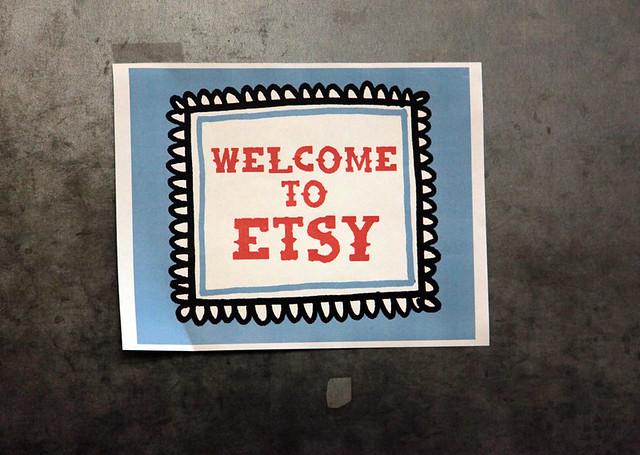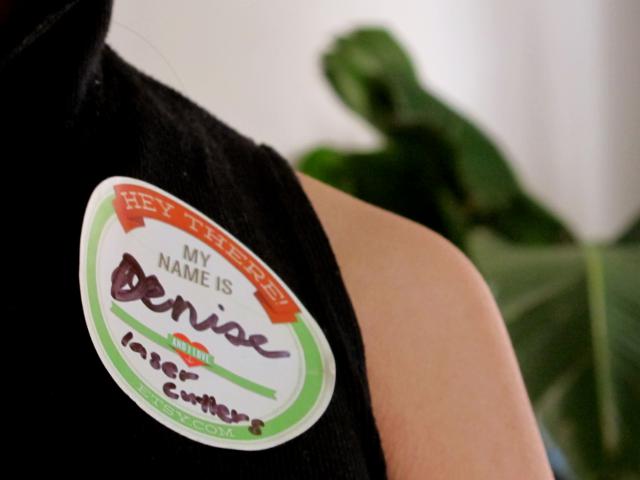This sums it up perfectly: “Job security is about as real as a free lunch.”
With the first year of grad school over, I’m rolling up my sleeves for thesis research. I haven’t talked about it much on the Civic blog, but I’ve been refining my idea since I arrived at MIT: how do narratives of work move into the mainstream, and what is an emerging narrative?
The short of it is this: Since the mid-20th century, we’ve idolized the full-time, salary + benefits narrative. That’s been on the decline for the last 30 years—in entrepreneurship, in number of jobs even though gross domestic product climbs. We’re graduating more qualified people into a shrinking job market; this narrative is not realistic anymore, which makes room for new narratives of work to emerge.
This summer, I’m focusing on peer economies as an emerging narrative, specifically platforms that empower individuals to monetize the skills and assets they already have. I’m visiting with Etsy, Skillshare, Freelancers Union, KitchenSurfing, Krrb and other peer economy standard setters to hear how their actions are contributing to this broader narrative shift, and how they are building an ecosystem of support for their users, through collaborations with other likeminded institutions, legislation and substituting for full-time benefits like health insurance.
My first stop was at Etsy HQ to meet with policy director Althea Erickson. Althea led Freelancers Union’s policy work before coming to Etsy. With the move, her scope narrowed from the independent workers that make up 30% of America’s workforce to the shop owners who sell handmade and vintage goods on Etsy.
Althea explained that traditional regulations use larger businesses as the standard, which makes it much harder for Etsy sellers to comply with out-of-scale regulations. Meanwhile, access to benefits are traditionally bundled in the employer-employee relationship. For Etsians, this has had an impact on both accessibility to basic needs and the ability to comply. Economic growth is usually counted by GDP, number of employees and productivity. These metrics would undervalue the typical Etsy shop owner.

Etsy craft party by cutiepie company on Flickr
It’s already clear that GDP does not mean more jobs, so what would success look like if we shifted our economic metrics to include and match factors that afford workers a good life? With just over 400 employees, Etsy itself—a certified B Corp—is technically a small business. I’ve been fascinated with how platforms like Etsy use some community organizing tactics, walking the line between membership organization and business. “Our growth strategy and mission are aligned.” Althea described of Etsy.
Althea has worked with many unions, where the traditional view of building political power is to invest in “money or muscle”—you either put a lot of money into the campaign or send volunteers to help with voter turnout. There is plenty of people power on Etsy. There are 850,000 sellers, and 350,000 of them have elected to be on a team, which are self-organized by geography, type of products, etc. Meanwhile, Etsy wields the hierarchical power of instant access to the entire user network and is the centralized point of contact for other institutions. Only time will tell, but Althea’s open question—and one I’m curious about, too—is how Etsy could model “a different kind of advocacy for a corporation: How does a benefit corporation approach advocacy in a way that’s different from traditional government relations?”
Want to follow along? More thoughts from Denise

